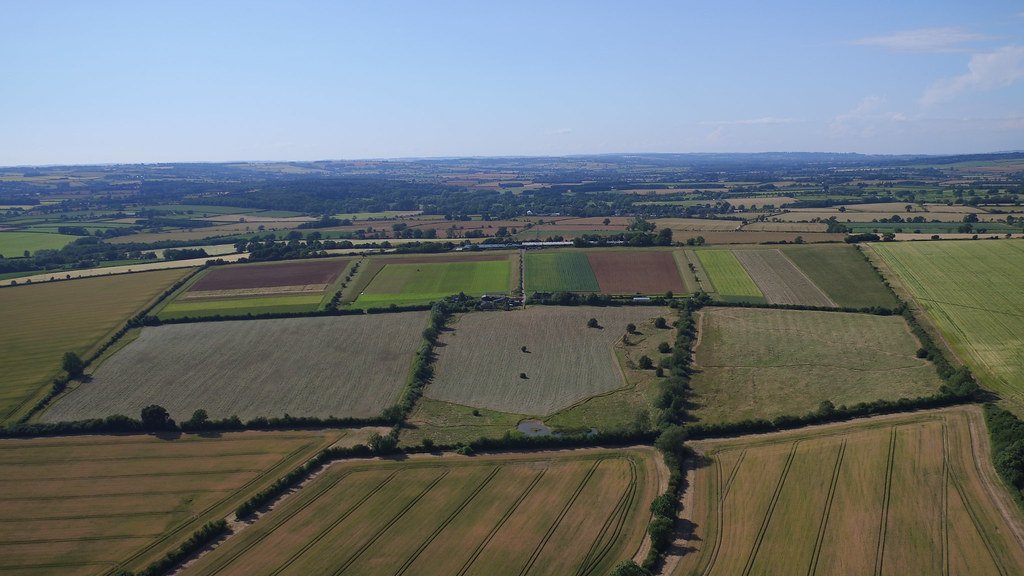Bees for Honeydale
I’ve always been keen to keep bees so when Cotswold Seeds acquired Honeydale Farm in 2013 I was a big step closer to realising a lifelong ambition, so I’ve been looking forward to this opportunity for a long time.I was asked to bring two items to a one-day beekeeping training course organised by Chris Wells of Cotswold Bees - a pair of Marigold gloves and a pair of Wellington boots!
The course took place at the Three Ways Hotel in Mickleton, Warwickshire and there were around ten of us enrolled. Interestingly, there was a high proportion of enthusiasts from London because beekeeping courses there are fully booked. Beekeeping is big in the city apparently, where pollen and nectar sources are greater than here in the countryside because there are so many city-dwellers looking to experience a slice of country living in their small but well stocked urban gardens. This says much about the need to increase pollen and nectar sources on agricultural land. Chris Wells of ‘Cotswold Bees’ is passionate about ensuring proper training though, saying “the world does not need more keepers of bees, it needs more beekeepers”. Responsible beekeeping is not as simple as it may seem and according to Chris’ experience, training makes a huge difference.
To that end, we spent the morning, after coffee and cake, learning all the beekeeping basics, do’s and don’ts, everything from necessary equipment to bee behaviour, to life-cycle and identification.
After more coffee and cake, we then donned our beekeepers outfits (the first time I’d worn one) and headed to one of Chris’ apiaries nearby. The suits were the modern variety with concertina veils and were surprisingly comfortable, albeit quite hot! The baggier they are the better, so we were told, as this keeps the bees further from your skin if they do decide to sting, but believe it or not the protective equipment does not stop bee stings getting through. The suits are designed to stop the insects crawling through gaps in normal clothing and also make it easier to remove stings. For the rest of the day Chris showed us how to handle the bees and equipment, including proper use of a smoker, and how to identify different parts to the colony and hives.
So now I’m all set. I’ll be building two hives next week and they’ll then need a couple of weeks to weather before painting and will hopefully be ready to receive bees at the end of the month. Watch this space!


So now I’m all set. I’ll be building two hives next week and they’ll then need a couple of weeks to weather before painting and will hopefully be ready to receive bees at the end of the month. Watch this space!
.png)







0 comments: